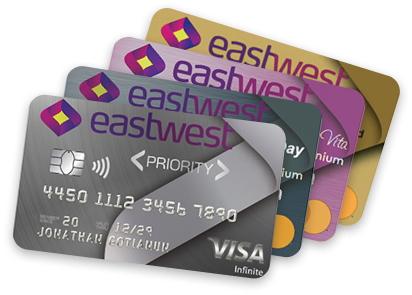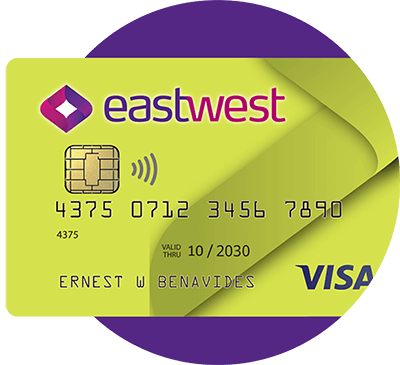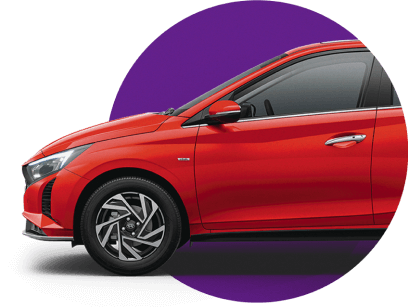Buying a car is an exciting milestone, but it’s also a decision that requires careful thought. Should you go for a brand-new model with the latest features or opt for a pre-owned vehicle that offers great value for money? It’s a question that deserves careful consideration, as your choice can impact your overall financial well-being.
At EastWest, we understand that purchasing a vehicle is a significant investment. That’s why we’re committed to providing resources that empower you to make the right decision. Whether you’re eyeing a brand-new car or considering a well-maintained used one, having the right information makes all the difference—not just in affordability but also in ensuring a smooth and worry-free car ownership experience.
In this article, we’ll walk you through five essential tips to help you decide between a new or used vehicle, ensuring you make the best choice for your needs.
Assess Your Budget and Total Cost of Ownership
The cost of buying a car goes beyond the sticker price. Expenses like insurance, fuel, and maintenance add up over time, all while the value of your vehicle depreciates, making it essential to evaluate your total cost of ownership. While new cars often come with higher upfront costs, they typically offer better fuel efficiency and lower maintenance in the early years. Conversely, pre-owned vehicles can be more affordable initially, but potential repairs can add up, depending on the state of the vehicle.
Financing can also impact affordability. If you're looking for the most cost-effective way to buy a car in the Philippines, auto loans can help reduce the burden of a large upfront cost. At EastWest, we offer flexible Auto Loan options with affordable down payments and competitive interest rates, making it easier to finance either a brand-new or second-hand vehicle. Use our Auto Loan Calculator to help you estimate monthly payments and choose a term that aligns with your financial situation.
Factoring in both immediate and long-term expenses can help you make a financially sound decision that aligns with your needs and budget.
Evaluate Depreciation and Resale Value
A car’s value starts declining the moment you drive it off the dealership or casa. Depreciation is one of the biggest financial factors to consider when choosing between a new or used vehicle. New cars typically lose value faster, with some models depreciating by as much as 20% in the first year alone. In contrast, pre-owned vehicles have already taken the biggest depreciation hit, meaning their resale value tends to be more stable over time. Before buying a used car, check online tools that estimate depreciation over time to make sure you’re getting the best deal.
Furthermore, if you plan to sell or trade in your car later, researching resale trends can help you make a smarter choice. Some brands and models retain their value better than others due to reliability, demand, and market perception. While a new car may offer the latest features, a well-maintained used car can be the more cost-effective choice in the long run.
Understanding how depreciation affects your investment ensures you’re making a financially sound decision, whether you’re buying new or used.
Consider Warranty and Reliability
When buying a car, long-term reliability is paramount. A dependable vehicle means fewer unexpected repairs and a smoother ownership experience. New cars offer assurance with manufacturer warranties covering major repairs for several years, minimizing out-of-pocket expenses. Conversely, certified Pre-Owned (CPO) cars are a great option if you want used cars with warranties and peace of mind. Many used vehicles also come with warranties, especially CPO models, which undergo rigorous inspections and often include extended coverage.
Beyond warranty coverage, research a car’s long-term dependability. Some models are known for their durability, while others may require expensive repairs as they age. Checking reliability ratings and typical maintenance costs can help you avoid unexpected financial surprises.
Choosing a vehicle model with a strong track record—whether new or used—provides peace of mind and can lead to long-term savings on repairs and upkeep.
Compare Features and Technology
Modern vehicles are designed with advanced features that enhance safety, convenience, and the driving experience. Cutting-edge technology like adaptive cruise control, lane departure warnings, and seamless smartphone integration are now standard in many new models. If having the latest technology is a priority, a brand-new car might be the better choice.
However, don’t overlook used vehicles. Many cars just a few years older offer impressive technology at a lower price. You can find used models with high-end safety features, premium interiors, and advanced infotainment. Researching different models by generation is key to finding a pre-owned vehicle that balances affordability with your desired tech upgrades.
Ultimately, a well-maintained used car with the right features can still provide a modern and enjoyable driving experience—without the new car premium.
Match Your Car to Your Lifestyle
A car isn’t just a mode of transportation—it’s an extension of your lifestyle. Think about your daily routine and long-term plans. Do you navigate the streets of Metro Manila and need a fuel-efficient sedan? Are family trips to the countryside a regular occurrence, making a spacious SUV a must-have? Choosing the right vehicle type depends largely on how you live.
New cars often come with better fuel efficiency, modern safety features, and the latest technology, making them ideal for those who prioritize long-term reliability and lower maintenance needs. However, a well-maintained used vehicle can be a smarter choice for budget-conscious buyers who don’t want to compromise on performance.
Remember to consider future expenses such as maintenance, fuel costs, and resale potential. A car that aligns with your lifestyle today should also make sense financially in the years to come, ensuring a more practical and satisfying ownership experience.
Choosing between a new and used vehicle is a significant decision. Carefully considering your budget, needs, and long-term goals—as outlined in these tips—will allow you to be better equipped to make a decision that ensures your satisfaction as a car owner and leaves you in a better financial position. If you’re ready to explore financing options, let us help you find the ideal solution. Contact us at EastWest to learn more about our flexible Auto Loan options tailored to your needs.
Apply for EastWest Credit Card?
With a variety of options to suit different needs, EastWest Bank offers competitive rates, valuable rewards, and excellent customer service.









